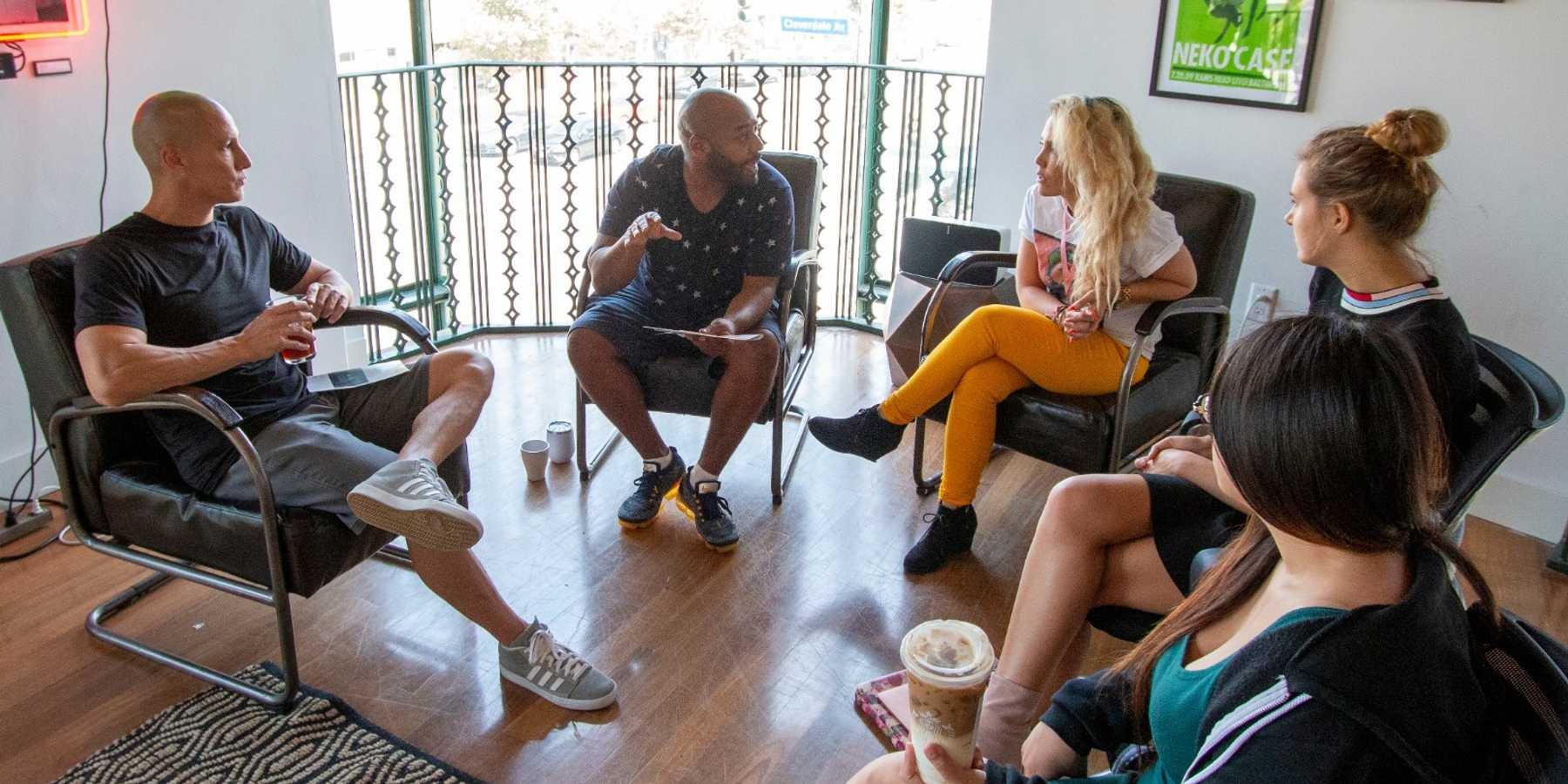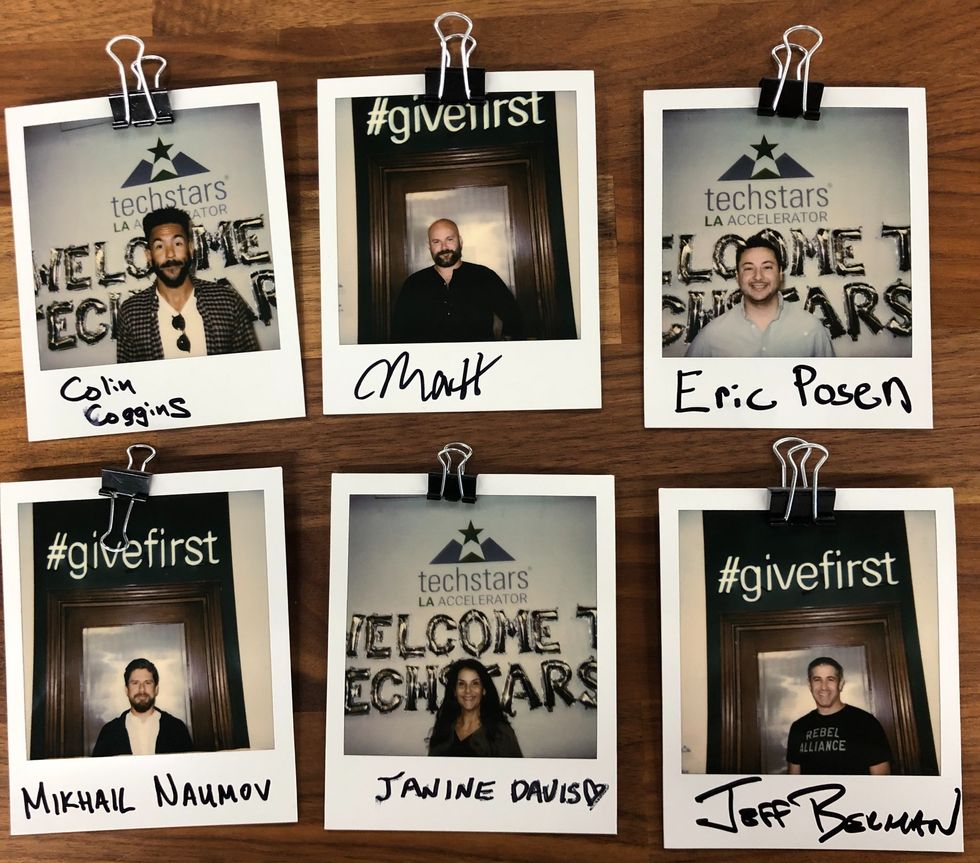

Get in the KNOW
on LA Startups & Tech
XMeet the 10 Startups in Techstars' 2021 Space Accelerator Class
Samson Amore
Samson Amore is a reporter for dot.LA. He holds a degree in journalism from Emerson College. Send tips or pitches to samsonamore@dot.la and find him on Twitter @Samsonamore.
Techstars' Space Accelerator took off this week with its third class of space-related companies that make everything from AI-powered smart cameras to technology that can anticipate celestial collisions.
The 10 startups selected for the competitive four-month program are based across the U.S. and Australia and will work with Techstars on a mostly remote basis.
All are developing technology with multiple uses in space and will receive a $120,000 investment in addition to access to Techstars' expanding network of mentors.
That network includes aerospace experts at the Pasadena-based NASA Jet Propulsion Laboratory. Participating companies include Lockheed Martin, Arrow Electronics, SAIC and Israel Aerospace Industries.
"Alumni from our previous cohorts are launching space systems and infrastructure, raising tens of millions of dollars in venture capital as well as receiving lucrative contracts from both government and commercial customers," said Jonathan Fentzke, the program's managing director.
The program will culminate in a demo day on Sept. 2 where the startups will show off their work in hopes of winning potential investors or clients.
Fentzke noted that while no companies in this year's cohort are based in LA, Techstars still has partners mentors and investors based here.
"As it turns out the four companies in California out of 10 are not based in L.A. today, but will likely have a presence over time," Fentzke told dot.LA.
Here's a look at the 10 companies selected for this year's Techstars Space Accelerator.
Hyperkelp
LOCATION: San Clemente, Ca.
CEO: Graeme Rae
Founded by maritime engineer Dr. Graeme Rae, Hyperkelp is building buoys that aren't your average fishing bobber. Its tech can collect and transmit data about the surrounding ocean and incoming payloads from space. The company says its goal is to create a network of the buoys around the ocean to help aerospace launch companies stream data from anywhere around the world.
Hyperspec.ai
LOCATION: San Francisco, CA. and Tel Aviv, Israel
CEO: Ohad Levi
Hyperspec.ai makes smart cameras that run on artificial intelligence. The company's CEO Sravan Puttagunta previously worked in HP's engineering department. In a nutshell, Hyperspec's cameras are made to create accurate mapping and object tracking in real time, with the goal of being used on self-driving cars and other autonomous vehicles.
Nicslab
LOCATION: Sydney, Australia
CEO: Dr. Andri Mahendra
Nicslab develops technology called the "source measurement system" that uses quantum computing to help organizations optimize their internet speeds and make them faster. Its current clients include the University of Oxford, HP Labs and Mitsubishi Electric.
Pierce Aerospace
LOCATION: Indianapolis, In.
CEO: Aaron Pierce
Pierce Aerospace makes software that helps autonomous drones identify objects and payloads. It argues that this software is critical to the development of the drone industry -- after all, it can be pretty scary if a drone goes rogue because it can't see where it's going. In 2019 the company received a roughly $50,000 grant from the U.S. Department of Defense to continue work on its flagship product, the Flight Portal ID system, which the DoD wants to use on its Unmanned Aircraft Systems.
Pixspan
LOCATION: Rockville, MD.
CEO: Michael Rowny
Pixspan develops a system that lets large files be transferred from different storage locations (like hardware or the cloud) at rapid speeds -- sometimes up to 5 times faster than average, it reports. It's compatible with several app programming interfaces, the main one being Amazon Web Services.
QuSecure
LOCATION: San Mateo, Ca.
CEO: Dave Krauthamer
QuSecure is a security company that focuses on protecting government and corporate systems from hacks. Specifically, its software works to keep encrypted data from being stolen and decrypted by quantum computers, which can steal and read valuable information at rapid speed. Its customers include Google and Amazon.
SCOUT
LOCATION: Alexandria, Va.
CEO: Eric Ingram
Scout -- also known as Scout Space -- develops software that helps spacefaring companies visualize what's going on in the great beyond and avoid casualties, like crashes with other spacecraft, satellites or debris. The company was founded in 2019 and says its name is an acronym for helping Spacecraft Observe and Understand Things around them.
SeaSatellites
LOCATION: San Diego, CA.
CEO: Mike Flanigan
As the name suggests, SeaSatellites is building unmanned vessels that work as satellites for the ocean and have a wide array of potential uses, from environmental data collection to communications. Similar to their skyward counterparts, SeaSatellites' tech can be controlled from anywhere and are designed to carry payloads on long missions.
Xairos
LOCATION: Denver, CO.
CEO: David Mitlyng
This company's name is Greek to us -- literally. A nod to the Greek god of opportune time, Kairos, is an appropriate name for this startup using quantum mechanics to bring GPS-type technology to areas of the globe without internet access.
Thermexit
LOCATION: Boston, MA.
CEO: Katie Willgoos
Thermexit is the only company in this year's Space Accelerator cohort that's led by a woman. CEO Katie Willgoos joined the company in March and helps the company create and sell its main product, Theremexit Pads, which are tiny thermal sensing sticky pads that can be placed on circuit boards and inside computers.
Correction: An earlier version of this post stated this is Techstars' second space accelerator cohort. It's the accelerator's third such class. It also, misnamed the CEO of Hyperspec.ai.
From Your Site Articles
- Techstars Starburst Space Accelerator Demo Day is Wednesday ... ›
- New Techstars Anywhere Accelerator Class has LA Company - dot.LA ›
- Here is Techstars' Starburst Space Accelerator Class - dot.LA ›
- Event: Demo Day For The Long Beach Accelerator's 2nd Cohort - dot.LA ›
- Techstars Gears Up for Its 2021 Los Angeles Startup Showcase - dot.LA ›
- Kairos Ventures’ Alex Andrianopoulos on Investing in Academia - dot.LA ›
- These SoCal Startups Get Ahead of the Game Via Comcast’s Sports Tech Accelerator - dot.LA ›
- Long Beach Accelerator Set to Welcome Fourth Group of New Companies - dot.LA ›
- NASA’s Space Accelerator Program Lifts Off - dot.LA ›
Related Articles Around the Web
Samson Amore
Samson Amore is a reporter for dot.LA. He holds a degree in journalism from Emerson College. Send tips or pitches to samsonamore@dot.la and find him on Twitter @Samsonamore.
https://twitter.com/samsonamore
samsonamore@dot.la
Techstars LA Class of 2020; What It's Like to Run an Accelerator During a Pandemic
06:00 AM | July 13, 2020
When the founders who lead the ten young startups selected for the 2020 Techstars LA class begin their three month accelerator program Monday, they won't be gathering in the Mid-Wilshire office and shaking hands as every other class has done. Like the rest of us, they will be working at home because of the coronavirus. Dinners, meetings, socializing, and mentoring sessions will all be online.
"A big part of the magic of the program is the relationships that are from proximity and from everyone working together in the same space and so what we're doing is we're endeavoring to create as much as that connection in the virtual world as possible," said Anna Barber, managing director of Techstars LA.
Barber is a big fan of Post-it notes and remembers several occasions where she's helped a founder arrive at an epiphany during a whiteboard session. That will not be possible this time around, but Barber wanted to try to replicate the experience as much as possible, so last week she and program manager Alex Karevoll rented a U-Haul truck and delivered whiteboards, Post-its, markers, and snacks to the new class, crisscrossing the city from Santa Monica to Encino and East L.A.
"We wanted to bring the Techstars experience to people at home," said Barber. "It was cool to see the different parts of L.A. that people are coming from."
Coronavirus means many elements of Techstars will be different this year, though the basics remain the same; Ten startups will receive three months of intensive mentoring and then present at a Demo Day in October (which Barber still hopes will be in-person). Techstars invests $120,000 for a 6% cut of equity.
Techstars LA companies have gone on to raise an average of more than $2 million of outside capital after the program. Standouts from the previous three classes include Slingshot Aerospace, Blue Fever, Stackin, Fernish, Liquid, Dash Systems and Finli.
The health and wellness category is dominant in this year's class with teams tackling teletherapy for intersectional communities, cancer care coordination, breast milk testing to optimize infant nutrition, and remote evaluation of ADHD and learning differences. Media and e-commerce companies include an esports analytics platform, a podcasting services provider, a platform for college creatives to connect with brands, and a fashion and beauty marketplace for Latinx consumers.
Nine companies include women, Black or Latinx founders, with six in the CEO seat and there are six mixed gender founding teams. Barber says diversity has always been important for Techstars LA, both because it is vital for building the kind of inclusive ecosystem she wants in L.A. and also it is simply good business.
"I've always been a believer in the idea that diversity produces better investing outcomes," said Barber.
Barber usually narrows down the ten selections from hundreds of applicants with lots of face-to-face meetings to get a feel for founders, but this time she has met almost none of them.
"It was a challenge for me," said Barber. "I am a founder-focused investor and so much of that is about getting to know people and build a strong personal relationship with them and also understanding who they are and what motivates them and I feel like it's very hard to make those connections over video."
Despite the limitations of running a remote accelerator, Barber is trying to find the silver linings, such as being able to get speakers and mentors who would not ordinarily have the time to fly to L.A. She is also using Sococo, an online platform that simulates a virtual office.
"If you want to talk to someone, you can just enter the room in the virtual office that they are in and talk to them," Barber said. "It takes longer to build connections in a remote setting, but we can still do it," she said.
All but one of the startups in this year's class is headquartered in Los Angeles. Some like, Thrive Education, the remote provider of ADHD and learning differences, only recently relocated from the Bay Area.
"We think it's important for us to be based in LA," said Jack Rolo, Co-Founder & CEO of Thrive Education. "A lot of startups, if they have the choice, are wanting to locate outside of the Bay Area. L.A. is expensive but it's still cheaper than living in the Bay Area. It will help us have a longer runway."
Rolo is hoping to come out of Techstars in a position to raise a seed round in October. "Our product works but it's not polished just yet," he said. "We want it to be perfect."
CLLCTVE, which is the platform for college creatives to connect with brands, is relocating from Syracuse this week.
"We're very excited for L.A.," said Kelsey Davis, founder and CEO of CLLCTVE. "When you think of diversity and creativity, L.A. is a representation nationally of that space."
Davis says Techstars LA was the only accelerator she seriously considered. "For us it just felt so right," said Davis.
Davis, 23, who is Black, wore a sweatshirt during an interview with dot.LA conducted via Zoom with the phrase "Black tech. Green money" emblazoned across the front. She says she is pleased to see the tech world finally having long overdue conversations about race and she says she won't squander the opportunity. Her goal is nothing short of building a LinkedIN for Generation Z.
"Now that we're here we have to roll up our sleeves and do the hard work together," said Davis. "If I'm given half of what everyone else is given, I'm going to take it twice as far."
Get to Know Techstars' 2020 Class
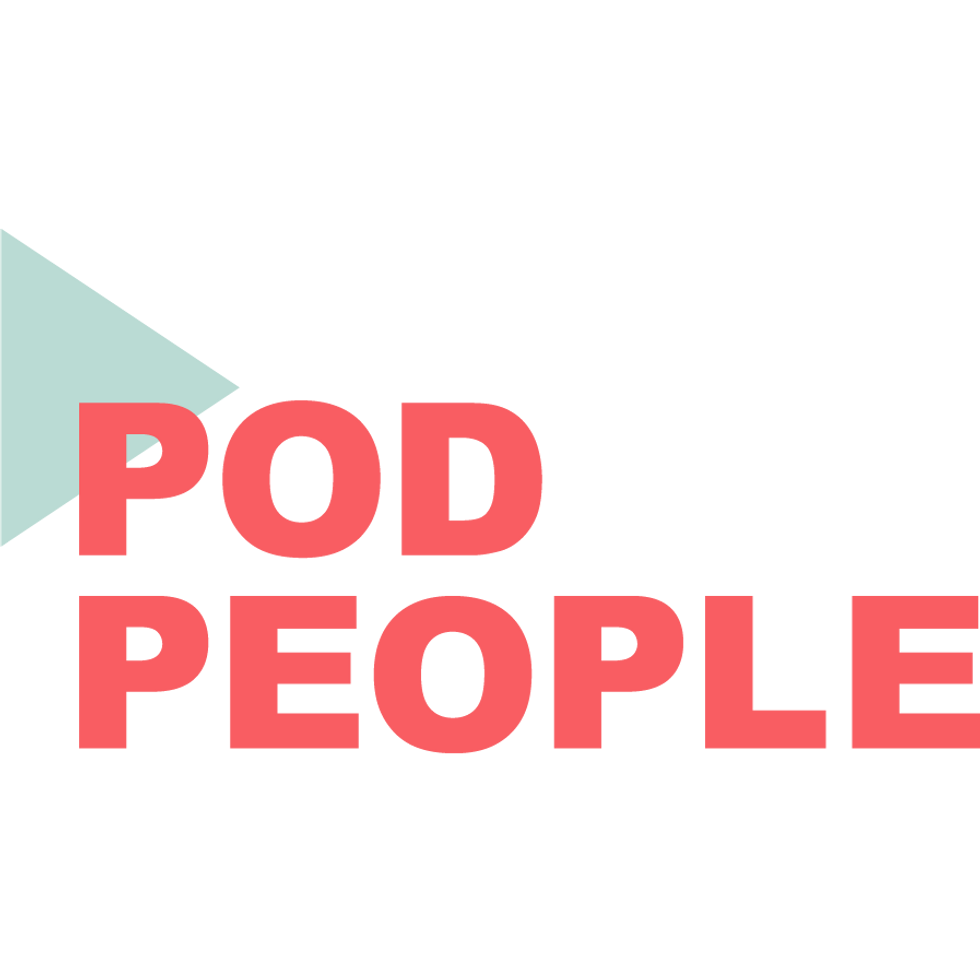
Pod People
Pod People is a full-service podcast production and staffing agency with a network of over 700 audio professionals across the globe.
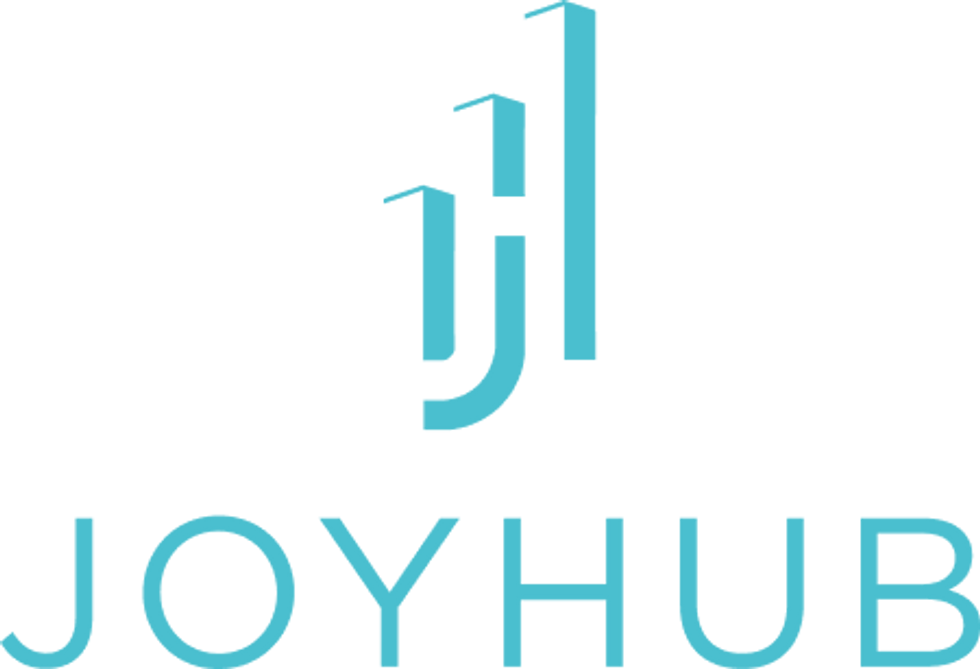
JoyHub
JoyHub 's enterprise software integrates multifamily operator systems into a single, centralized data platform.
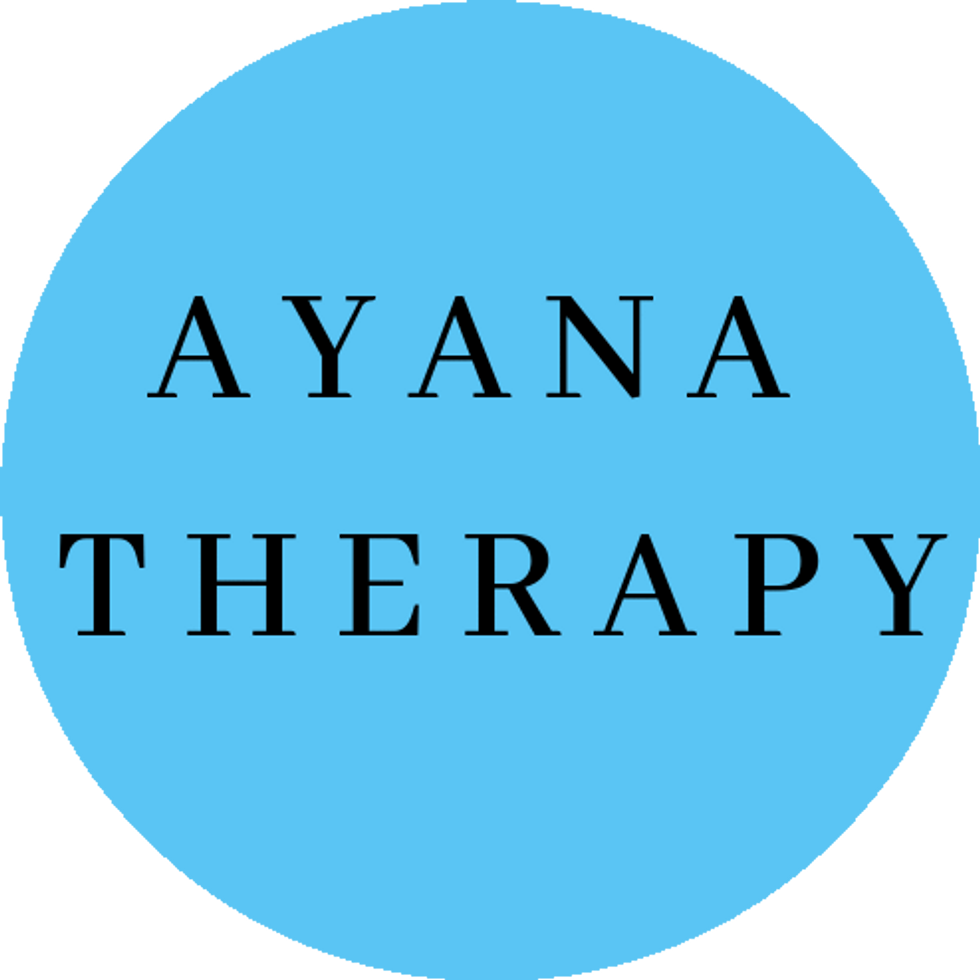
Ayana Therapy
Ayana Therapy provides online therapy for minorities with an emphasis on intersectionality.
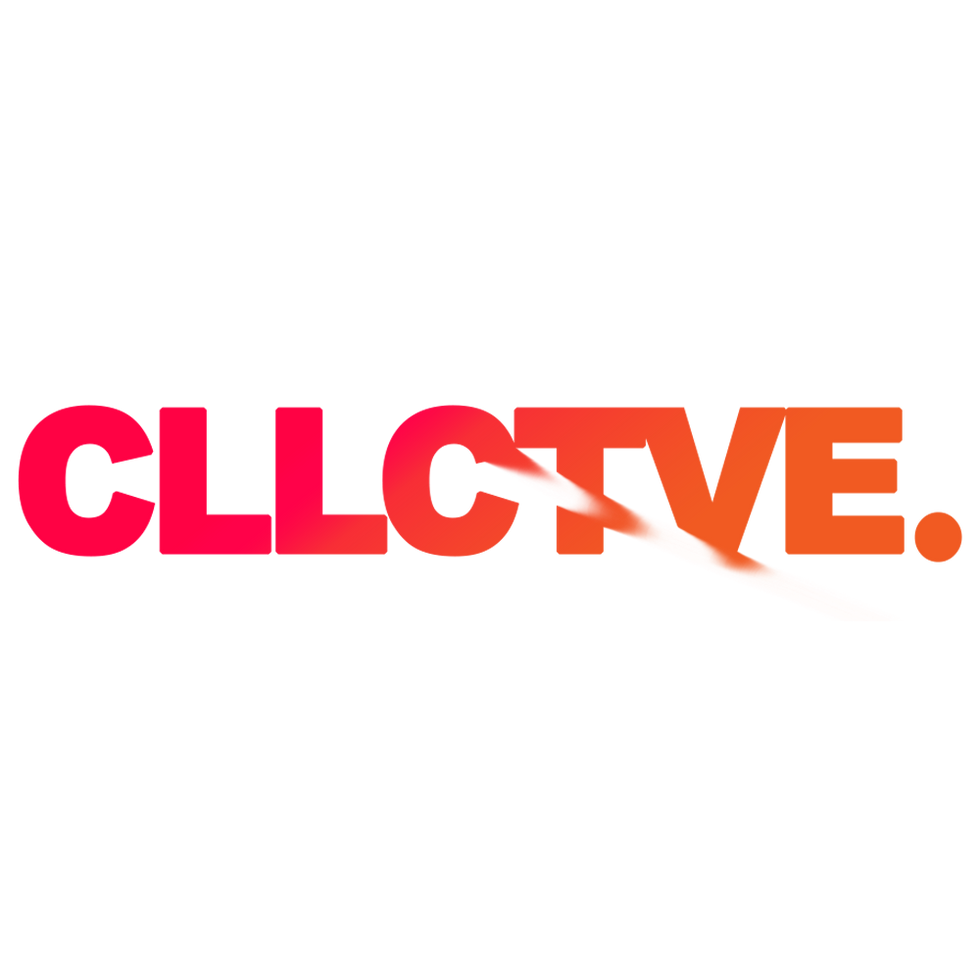
CLLCTVE
CLLCTVE is a platform connecting college creatives with brands targeting Gen-Z consumers.
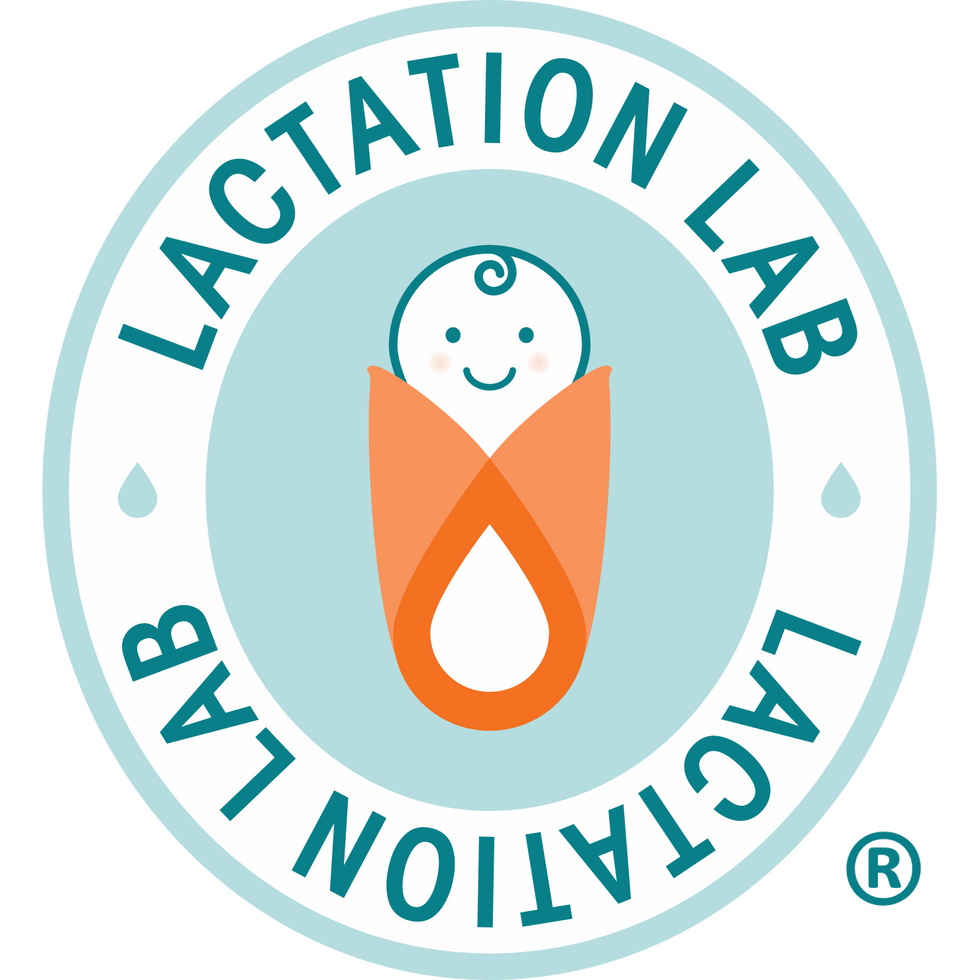
Lactation Lab
Lactation Lab provides breast milk analysis and personalized recommendations for mothers to optimize their child's health and nutrition.
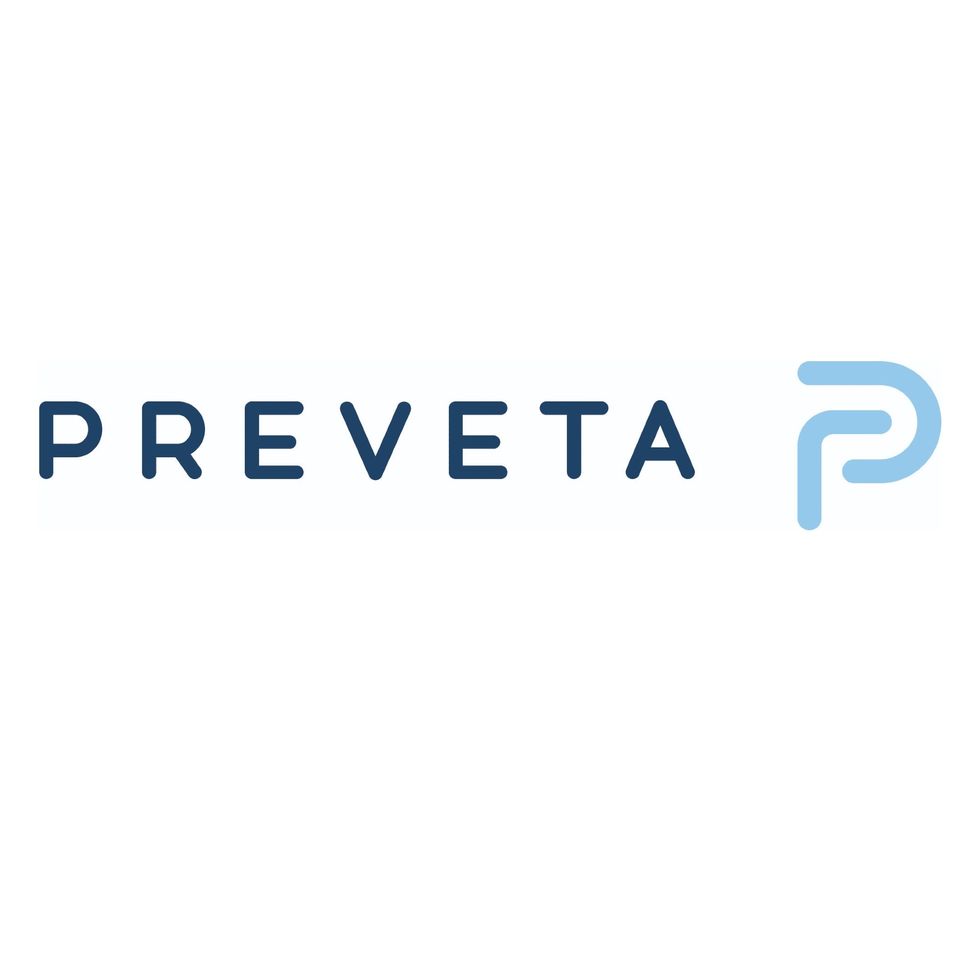
Preveta
Preveta is transforming cancer care by arming clinicians with data and insights to improve outcomes, and blazing a trail for providers to deliver value-based care.
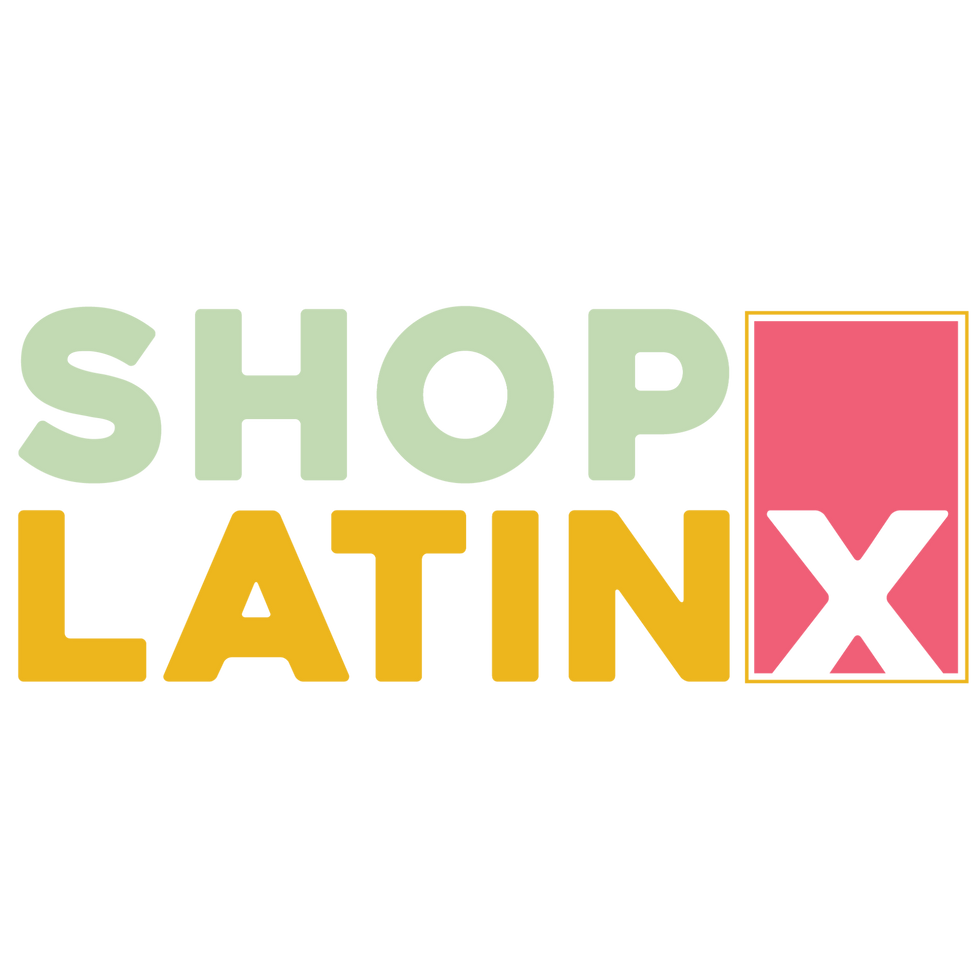
Shop Latinx
Shop LatinX is the leading fashion and beauty lifestyle brand with products designed by and for the Latinx community.
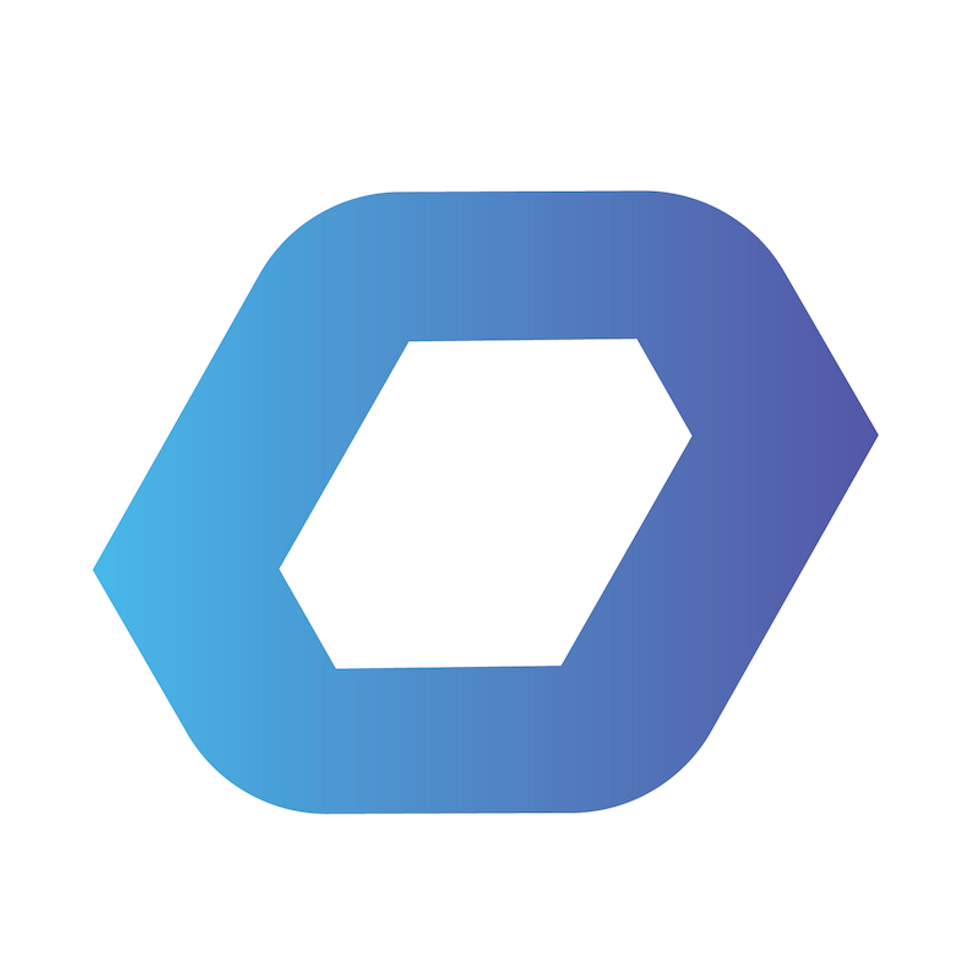
Sike Insights
Sike Insights powers remote teams to work better together. Our first product, Kona, is an AI-powered Slackbot that helps you communicate.

StatsHelix
StatsHelix is a B2B gametech company focused on esports and streaming.
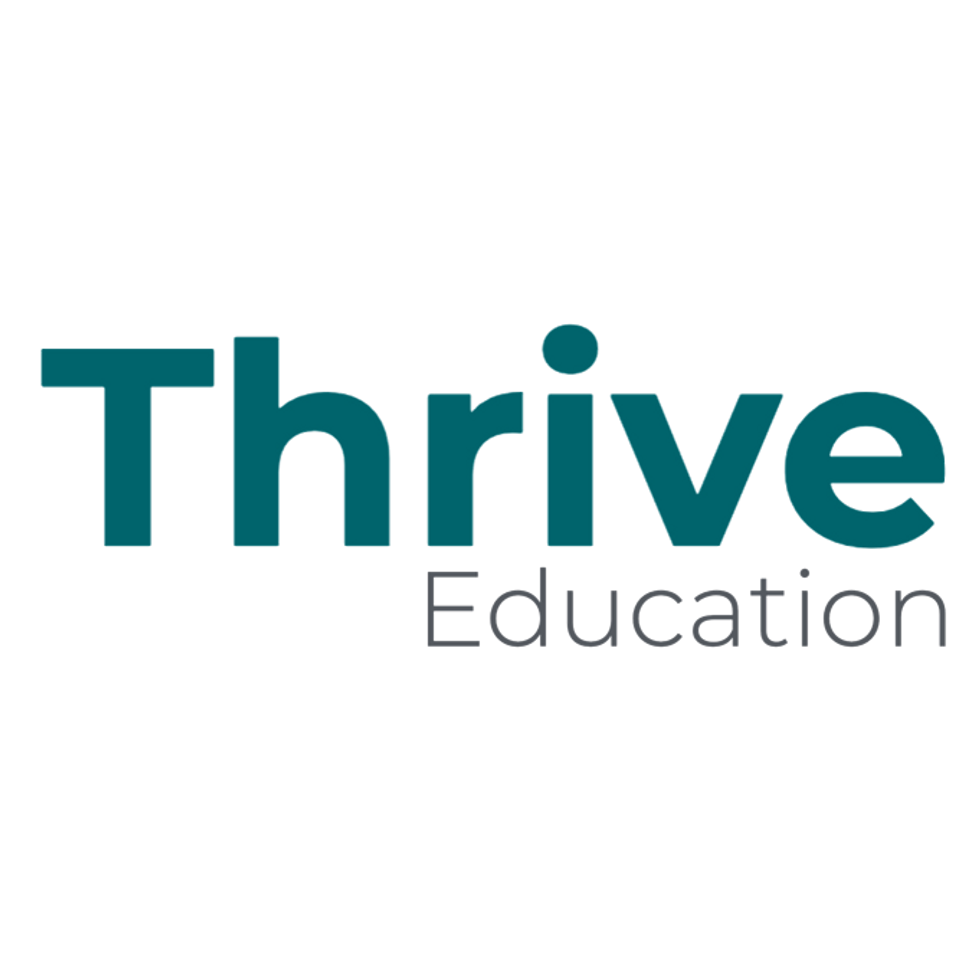
Thrive Education
Thrive Education provides remote tele-assessments for learning differences (LDs) such as dyslexia, ADHD, and autism.
Meet the Techstars L.A. Class of 2020!www.youtube.com
From Your Site Articles
- New Techstars Anywhere Accelerator Class has LA Company - dot.LA ›
- Here is Techstars' Starburst Space Accelerator Class - dot.LA ›
- Anna Barber Discusses Techstars and the Future of L.A. Tech - dot.LA ›
- Watch Techstars LA's 2020 Class Demo Day - dot.LA ›
- Techstars LA Names Matt Kozlov Its Managing Director - dot.LA ›
- How M13's Anna Barber is Putting Local Startups First - dot.LA ›
- Meet TechStars LA's 2021 Accelerator Cohort - dot.LA ›
- Adway Raises $6M to Fund Ad Projections on Autos - dot.LA ›
- Event: Techstars Los Angeles Demo Day Presentations - dot.LA ›
- Watch Techstars LA's 2020 Class Demo Day - dot.LA ›
- Watch Techstars LA's 2020 Class Demo Day - dot.LA ›
- Like Etsy, But for Latinos. Shop Latinx Makes a Debut - dot.LA ›
- Marker Learning Makes Learning Assessments More Accessible - dot.LA ›
Related Articles Around the Web
Read moreShow less
techstarstechstars laanna barberpod peoplejoyhubayana therapycllctvelactation labprevetashop latinxsike insightsstatshelixthrive educationlos angeles startups
Ben Bergman
Ben Bergman is the newsroom's senior finance reporter. Previously he was a senior business reporter and host at KPCC, a senior producer at Gimlet Media, a producer at NPR's Morning Edition, and produced two investigative documentaries for KCET. He has been a frequent on-air contributor to business coverage on NPR and Marketplace and has written for The New York Times and Columbia Journalism Review. Ben was a 2017-2018 Knight-Bagehot Fellow in Economic and Business Journalism at Columbia Business School. In his free time, he enjoys skiing, playing poker, and cheering on The Seattle Seahawks.
https://twitter.com/thebenbergman
ben@dot.la
Meet the Culver City Startup Looking to 3D-Print ADUs in Under 24 Hours
04:08 PM | May 31, 2022
Photo by Decerry Donato
In the wake of the pandemic, remote work forced many people to convert their living and dining rooms into home offices, something that could be problematic in more cramped living situations. Enter Azure Printed Homes—a 3D-printing construction company that says it can build a backyard studio or accessory dwelling unit (ADU) out of recycled polymer plastic in under 24 hours, with the goal of alleviating dwellers’ space constraints.
On Wednesday, the Culver City-based startup will publicly launch a $5 million campaign on the crowdfunding platform Republic, with the goal of raising new funds to increase its supply inventory and grow its 12-person staff. Co-founder Gene Eidelman told dot.LA that Azure was bootstrapped until last week, when it received an undisclosed amount of funding from two angel investors.
“As unfortunate as the pandemic is, trying to serve customers during a pandemic is what led us to this idea,” Eidelman said.
Azure is the brainchild of Eidelman and his fellow co-founder and company CEO Ross Maguire. The construction industry vets (Eidelman previously worked for local home construction firm Houck Construction, while Maguire served as a construction manager for British giant Carillion) bonded over a passion for advancing sustainability in their chosen trade. The construction sector is one of the most energy-intensive industries in the world and responsible for 38% of global carbon emissions, according to a report last year by the World Business Council for Sustainable Development.
The pair launched Azure Construction in 2019, initially with the aim of building backyard additions and ADUs in a timely manner and with transparent pricing. But their interest in sustainability led them to the realm of 3D printing, which can be a significantly less resource-intensive method of construction. Maguire said they initially devoted their time to consulting with different 3D printing companies and figuring out which materials and printers they should use, as well as what the designs of their 3D-printed structures should look like. Azure Printed Homes was subsequently, officially born this April.
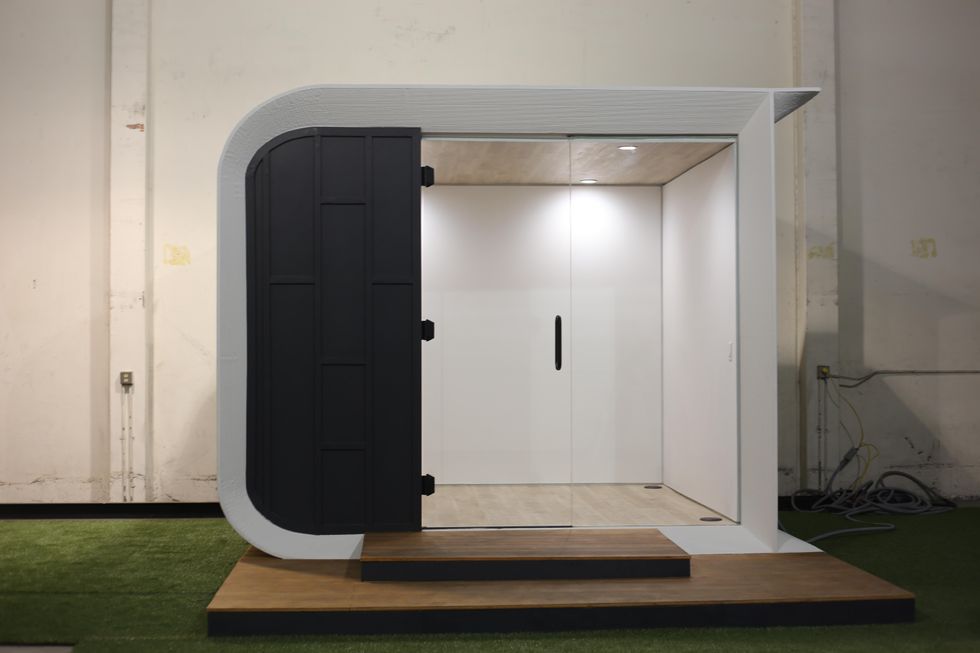
The startup boasts that the materials used to 3D-print its structures are made of 60% recycled plastic, fiberglass, and an ultraviolet (UV) stabilizer that offers protection from the sun. A 120-square-foot studio starts at $24,000 (with the cost increasing with additional square footage), not including delivery fees and add-ons (such as solar panels and air conditioning) that can cost thousands of dollars more. Azure says that customers can expect the entire process—from their initial order to the final delivery and installation of the product—to take less than one week. The company is also using the crowdfunding campaign to unveil a new 180-square-foot ADU with a kitchenette for less than $40,000.
Most of the $5 million in crowdfunding that Azure is seeking will be allocated toward buying two more robotic printers to help boost its production capacity. Currently, the startup has one robot stationed at its factory that can print the walls of a 120-square-foot unit in less than 24 hours. By purchasing two more robots, the company will be able to produce three structures per day—a heightened pace that will help alleviate Azure’s current 40-order backlog and the roughly 70 inquiries, on average, that it receives from potential customers each day, according to Maguire.
“The beauty of it seems to be that some people just love the way it looks,” Maguire told dot.LA. “But then there’s enthusiasts about the environmental aspect, and then people that love the technology of 3D printing.”
From Your Site Articles
- Azure Hosts PropTech MeetUp for L.A. Tech Week - dot.LA ›
- LA's ADU Culture Still Faces Financial Barriers - dot.LA ›
- Can New Tech and ADUs Solve LA’s Housing Crisis? - dot.LA ›
- CRATE Modular Builds Modular Homes To Ease Homelessness - dot.LA ›
- What Will Take To Make Modular Homes Mainstream? - dot.LA ›
Related Articles Around the Web
Read moreShow less
Decerry Donato
Decerry Donato is a reporter at dot.LA. Prior to that, she was an editorial fellow at the company. Decerry received her bachelor's degree in literary journalism from the University of California, Irvine. She continues to write stories to inform the community about issues or events that take place in the L.A. area. On the weekends, she can be found hiking in the Angeles National forest or sifting through racks at your local thrift store.
RELATEDTRENDING
LA TECH JOBS

